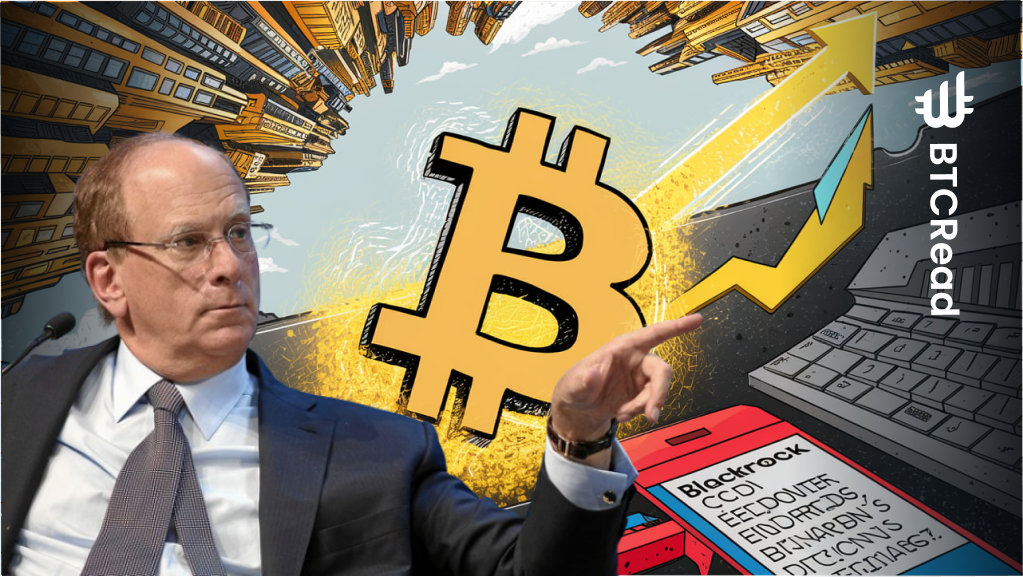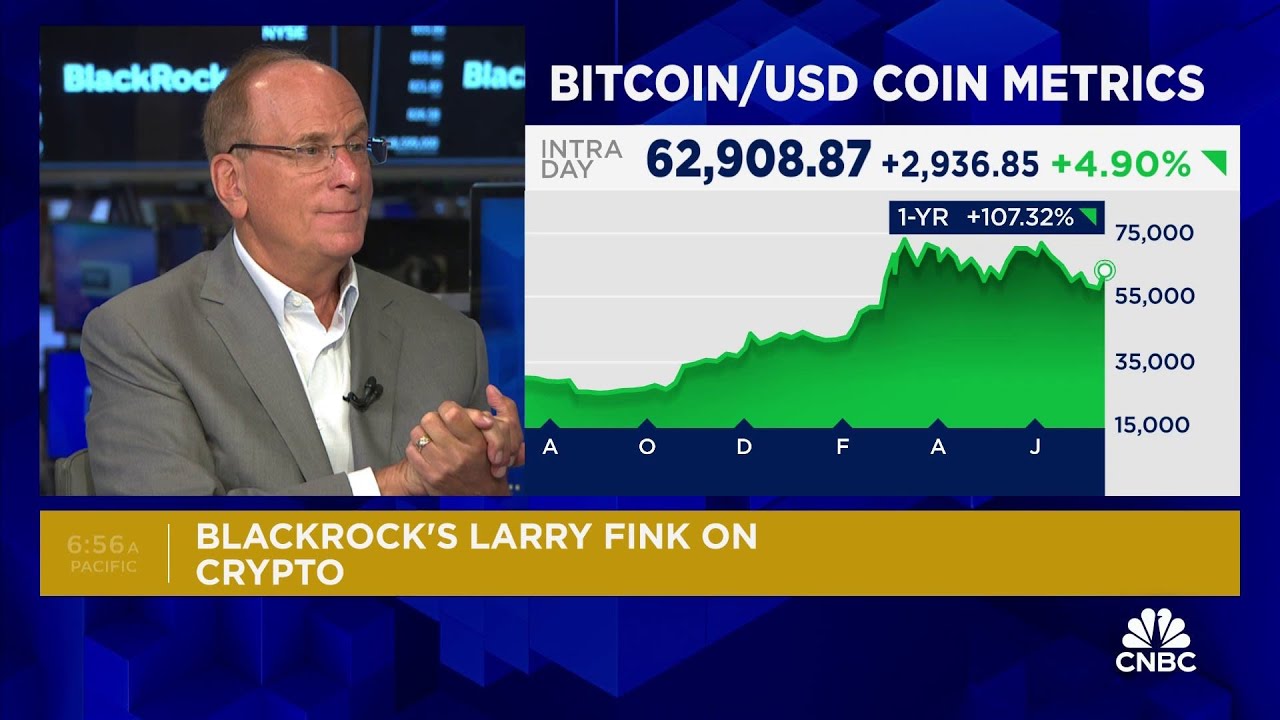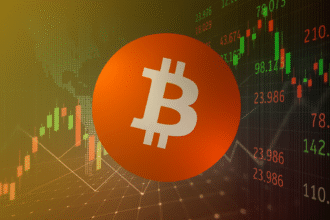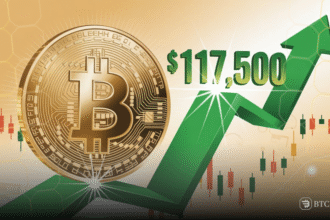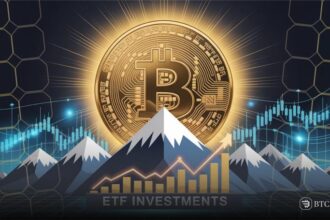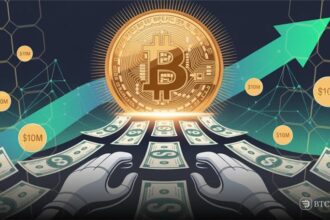Bitcoin (BTC) surged past $63,000, with a 13% weekly gain, following BlackRock CEO Larry Fink’s unexpected endorsement of the cryptocurrency. In a recent CNBC interview, Fink reversed his previously skeptical stance, hailing Bitcoin as a “legitimate financial instrument” and a hedge against economic uncertainties.
The CEO of the world’s largest asset manager, overseeing $10 trillion, praised Bitcoin’s potential as a non-correlated asset class. He highlighted its appeal in countries grappling with currency debasement and excessive deficits.
Fink stated:
It is an instrument that you invest in when you’re more frightened of, an instrument when you believe that countries are debasing their currencies in excess deficits… I believe we have countries where you’re frightened of your everyday existence and an opportunity to invest in something outside your country’s control.
The endorsement come as BlackRock applied for a Bitcoin ETF in the US. This has encouraged more traditional financial companies to consider joining the cryptocurrency market.
Bitcoin experts react to Fink’s endorsement
Crypto experts were excited about Fink’s comments. Analyst Ash Crypto shared his optimistic view on X. He predicted that Bitcoin could reach “$150,000 – $250,000” over the next 12 months.
Meanwhile, crypto analyst Daan Crypto Trades talked about recent changes in Bitcoin’s price. He said Bitcoin often rises in price on weekends. This can surprise people in the market. Daan noted this pattern happened before in the 2020-2021 increase in Bitcoin’s value.

The analyst also addressed the topic of CME gaps, cautioning against overvaluing them unless price action brings BTC within close range. He suggested that gaps could become self-fulfilling prophecies if enough market participants pay attention to them.
Nevertheless, Bitcoin’s recent price surge above the key mark aligns with its growing recognition as “digital gold.” As traditional economic systems face challenges, more investors appear to be turning to Bitcoin as a potential hedge against inflation and currency devaluation.


